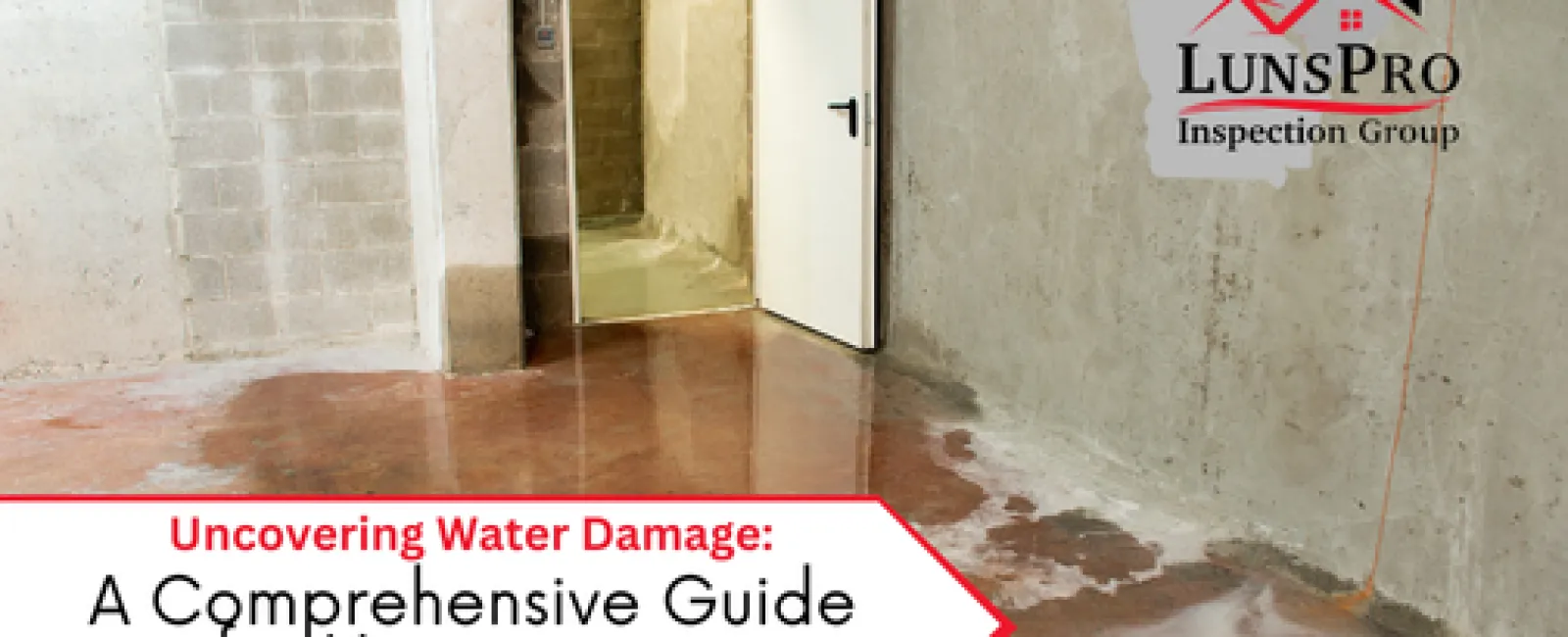Water damage can be a homeowner's worst nightmare, leading to costly repairs and potential health hazards. In North Carolina, where heavy rainfall and humidity are common, it's essential to be vigilant for signs of water damage and take swift action to address them. In this comprehensive guide, we'll explore common signs of water damage and provide expert advice on how to address them effectively.
Water Stains: Any visible discoloration on ceilings, walls, or floors may indicate water intrusion and potential damage. Keep an eye out for water stains, which may appear as brown, yellow, or gray patches and can vary in size and shape. Water stains are often accompanied by peeling paint or wallpaper and may indicate leaks from plumbing fixtures, roofs, or windows.
Musty Odors: A persistent musty smell in your home could signal mold growth due to water damage. Mold thrives in damp environments, so any lingering odors should be investigated promptly. If you notice a musty smell, especially in areas with poor ventilation or high humidity, consider scheduling a mold inspection to identify the source of the odor and assess the extent of the damage.
Cracks or Peeling Paint: Moisture can cause paint to crack or peel, especially in areas prone to water exposure. Inspect your walls, ceilings, and trim for any signs of peeling or bubbling paint, as these may indicate underlying moisture issues that need to be addressed. Cracks in drywall or plaster may also indicate water damage and should be investigated further to prevent further deterioration.
Sagging or Warped Walls: Water damage can weaken drywall and cause it to sag or warp over time. Inspect your walls and ceilings for any signs of sagging or bowing, especially in areas with known water leaks or high humidity. Sagging walls may indicate structural damage and should be addressed promptly to prevent further deterioration and potential collapse.
Visible Mold: Mold thrives in damp environments and can pose serious health risks to you and your family. Keep an eye out for any visible mold growth, which may appear as fuzzy patches or discoloration on walls, ceilings, or other surfaces. If you discover mold in your home, it's essential to address the underlying moisture issue and remove the mold safely to prevent health problems and further damage to your property.
Once you've identified signs of water damage in your home, it's crucial to address the issue promptly to prevent further damage and protect your family's health. Contacting a reputable home inspector in Charlotte, NC can help you identify the source of the problem and develop a plan for remediation. A mold testing and air quality testing services can provide valuable insights into the extent of the damage and ensure that your home is safe and healthy.
Don't let water damage go unchecked, schedule a home inspection with LunsPro Home Inspections today and take proactive steps to safeguard your home!

